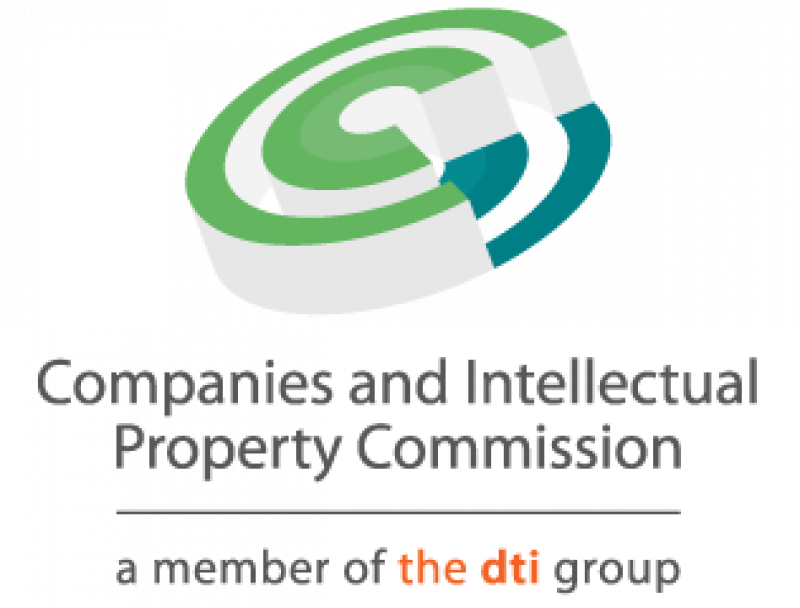CATEGORIES
- (3) Negotiating Tax Debt and Payment Arrangements with SARS
- (2)Account / Profile
- (549)Accounting
- (2)Accounting and Finance
- (28)Audit
- (156)Auditing and Assurance
- (1)Business
- (1)Business Management
- (3)Business Rescue
- (101)CIPC
- (7)Compliance
- (18)Ethics and Professionalism
- (46)Financial Reporting
- (1)Government Funding Applications
- (4)Guides
- (1)Individuals Tax
- (26)Law
- (37)Legal and Compliance
- (2)Management
- (10)Miscellaneous
- (28)Money Laundering
- (1)Personal & Professional Development
- (2)Practice Management
- (2)Professional Ethics
- (3)Public Sector
- (145)Regulatory Compliance and Legislation
- (41)SARS Issues
- (27)Sustainability Reporting
- (37)Tax
- (1)Tax Update
- (9)Technology
- (1)Wills, Estates & Trusts
- Show All
CIPC: Incorporating BO information with AR filings for companies and CCs
- 06 June 2024
- CIPC
- South African Accounting Academy

Beneficial ownership information by corporate vehicles registered with the CIPC must be submitted to the Commission in terms of the amendments brought about by the General Laws (anti-Money Laundering and Combatting Terror Financing) Amendment Act, 22 of 2022, which amended the Companies Act, 2008.
In terms of the amendment, as from 24 May 2023 with the implementation of the relevant Regulations, all companies and close corporations must file its annual return with the Commission, together with its beneficial ownership declaration and security register or beneficial interest register (as applicable), within 30 business days after their anniversary date.
CIPC will now strictly enforce the filing of Beneficial Ownership Declarations (“BO”) information with the filing of Annual Returns, as from 1 July 2024.
In terms of this hard-stop functionality, companies and close corporations (CCs) will not be allowed to file its Annual Return via any of the CIPC electronic platforms UNLESS BO has been submitted and/or is up to date. As per the Act as amended, BO, AFS/FAS must be filed with Annual Returns.
Therefore, if BO is not up to date the company or close corporation may: –
- Incur penalties for the late filing of Annual Returns;
- Enforcement action may be taken by the CIPC through investigation into the administration and governance processes of your business and even the issuing of a compliance notice; and/or
- Referral for deregistration and even final deregistration due to non-compliance.
Various information links are provided in the notice.
Click here to download Notice 39 of 2024:
https://www.cipc.co.za/wp-content/uploads/2024/06/AR_BO-Hardstop-Notice-39-of-04-June-2023.pdf
Relevance to Auditors, Independent Reviewers & Accountants:
- The Companies Act and Regulations is yet another piece of legislation that your clients must comply with, and which you must assess compliance with. If they don’t comply with the relevant laws and regulations, you have certain reporting obligations in terms of NOCLAR (NOn-Compliance with Laws And Regulations) – this could include reporting to management, qualifying your audit opinion, reporting a Reportable Irregularity, etc.
- As an auditor, independent reviewer and accountant, you also need to monitor your client’s compliance with the Companies Act and all relevant notices/enforcements/practice notes/customer letters issued by CIPC as the regulator.
- Where you perform these compliance tasks on behalf of your client, you need to ensure that you comply with all relevant notices/enforcements/practice notes/customer letters issued by CIPC as the regulator.
- Your clients will also have to comply with the resultant General Laws (Anti-Money Laundering and Combating Terrorism Financing) Amendment Act regarding anti-money laundering measures to be taken.
- As an auditor, independent reviewer and accountant you need to consider the impact of the Companies Act Regulations on your service offerings, as well as on your client’s beneficial ownership filing obligations – together with the resultant filing of the AFS/FAS when filing the Annual Return (AR).
Relevance to Your Clients:
- An entity (company or close corporation) has a duty to comply with the Companies Act, and all relevant notices/enforcements/practice notes/customer letters issued by CIPC as the regulator.
- Your clients will also have to comply with the resultant General Laws (Anti-Money Laundering and Combating Terrorism Financing) Amendment Act regarding anti-money laundering measures to be taken – and more specifically, the Beneficial Ownership filing requirements – together with the resultant filing of the AFS/FAS when filing the Annual Return (AR).






